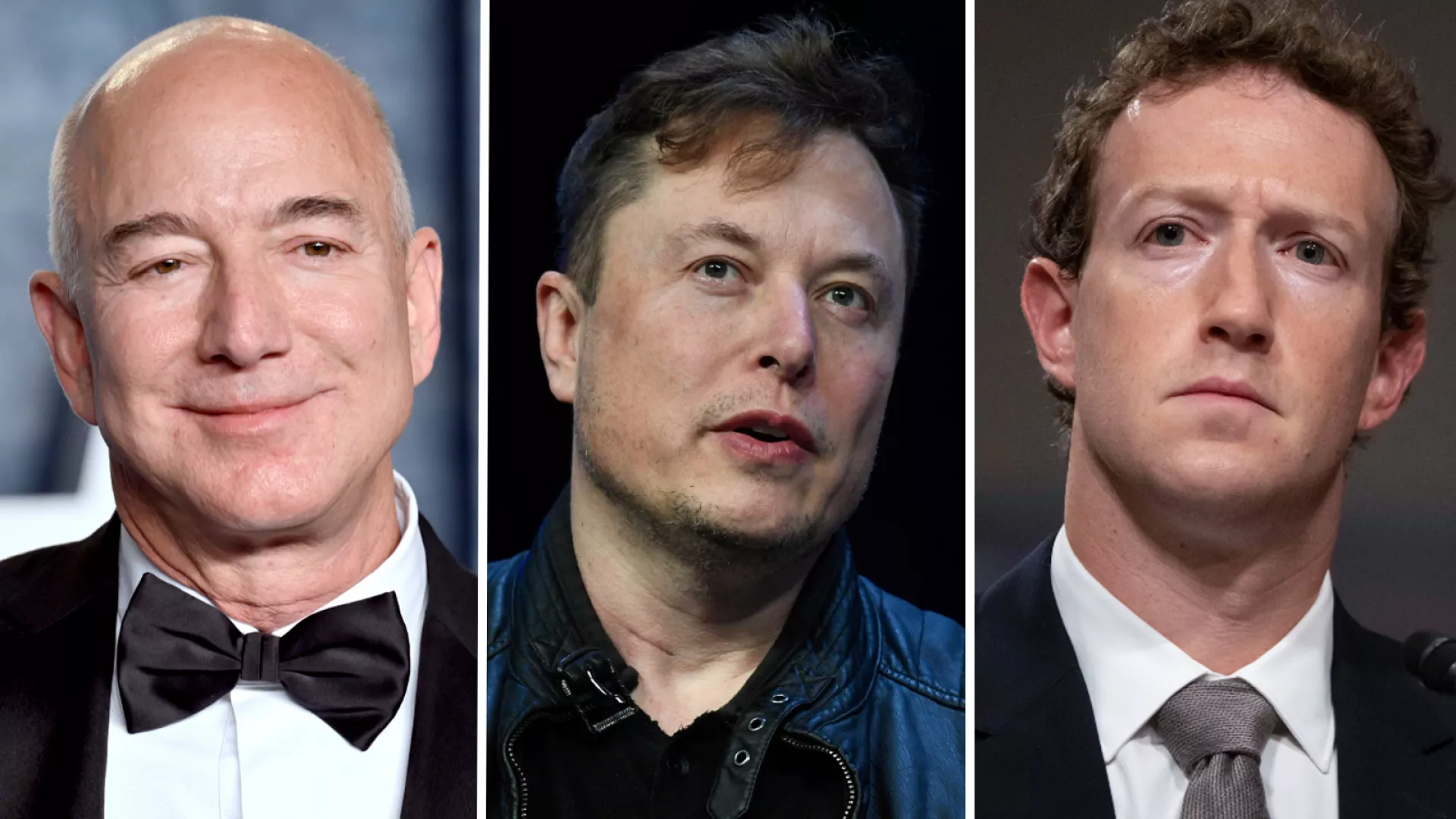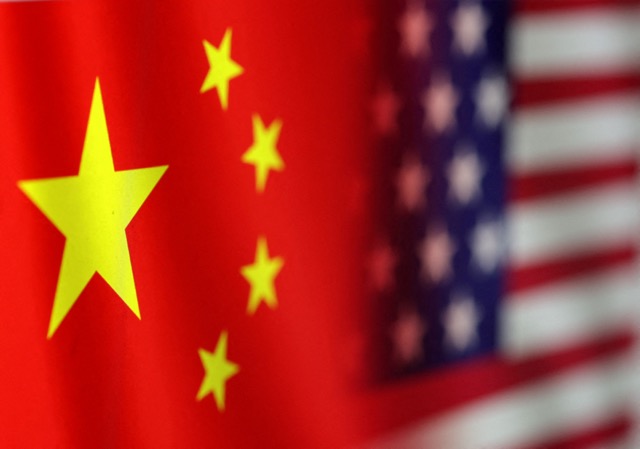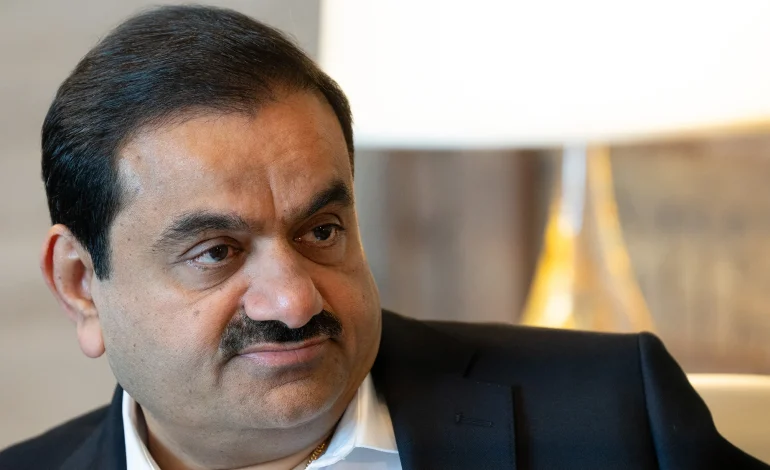Gautam Adani, the billionaire chairman of India’s Adani Group, one of the country’s largest and most diversified conglomerates, has found himself at the center of a growing scandal.
In November 2024, he and seven others were indicted in a New York federal court for their involvement in an alleged $250 million bribery and fraud scheme tied to India’s solar energy sector. This indictment comes after a turbulent year of public scrutiny, fueled by a report from short-seller Hindenburg Research that accused the Adani Group of stock market manipulation and accounting fraud.
The Adani Group is a sprawling empire with operations across several key sectors, including ports, airports, renewable energy, and cement. It had long been considered one of India’s most successful and influential business entities, with Gautam Adani frequently listed among the world’s wealthiest individuals. However, this success has been marred by a series of allegations and legal challenges that began to unfold in early 2023.
The drama began in January 2023 when Hindenburg Research published a detailed report accusing the Adani Group of engaging in stock manipulation and fraudulent practices. The report, which referred to the group’s actions as the “largest con in corporate history,” triggered a massive sell-off of Adani-related stocks. Adani’s net worth plummeted by billions of dollars overnight, and his businesses faced significant market backlash.
In response, the Adani Group vigorously denied the accusations, describing the report as a “malicious combination of selective misinformation.” Despite the storm, Adani Enterprises, the flagship company of the group, went ahead with a secondary share sale, which managed to raise $2.45 billion, showing some resilience in the face of the controversy.
In the months that followed, the Indian government and judiciary took steps to address the allegations. In March 2023, India’s Supreme Court appointed a six-member panel to investigate the claims raised by Hindenburg. By May, the panel’s findings were inconclusive, with the investigation reportedly failing to uncover evidence to substantiate the accusations. Meanwhile, Adani continued to deny the charges and fought back against the negative press.
In late 2023, Adani Group shares showed signs of recovery, with the conglomerate concluding the year with a smaller decline of 26% in stock prices. The group was buoyed by a ruling from India’s top court in January 2024, which concluded that the Adani Group would not face any further investigations beyond the scrutiny already conducted by India’s market regulator, SEBI. This decision gave Adani a moment of relief, and he regained his position as the richest person in Asia, according to the Bloomberg Billionaires Index.
However, in August 2024, the storm was reignited when Hindenburg released another report, this time accusing the chair of India’s capital markets regulator of potential conflicts of interest, raising doubts about the objectivity of SEBI’s ongoing probe into the Adani Group. The allegations suggested that ties between the regulator’s leadership and Adani’s business empire could have influenced the investigations.
By November 2024, the situation took a dramatic turn when the United States Department of Justice (DOJ) indicted Gautam Adani and several others on charges of paying bribes to secure solar energy contracts. The DOJ alleged that Adani and his associates orchestrated a complex scheme to bribe Indian government officials in exchange for lucrative contracts, resulting in over $250 million in bribes. This indictment not only placed Adani’s fortune in jeopardy but also reverberated throughout global markets, as Adani’s stock market value took a substantial hit.
Shares in Adani Green Energy, one of the companies implicated in the case, saw a dramatic 17% drop, while other Adani Group stocks followed suit. The charges brought renewed attention to the group’s operations and its connections with Indian political figures, including Prime Minister Narendra Modi, with whom Adani has long been rumored to have close ties. The timing of the charges has only intensified political debates within India, with opposition leaders accusing Modi of shielding Adani from scrutiny.
The indictment has cast a shadow over Adani’s business empire. The Adani Group has vehemently denied the allegations, claiming the charges are baseless and pledging to fight them legally. However, the market’s response has been swift and severe, with the value of Adani Group’s shares falling by billions. The legal battles and the ongoing public scrutiny present a significant challenge to the future of the conglomerate, which had previously managed to recover from the shockwaves triggered by the Hindenburg report.
For now, the Adani Group is trying to weather this latest storm, while its founder faces serious legal challenges in both the US and India. The scandal underscores the risks that come with the intersection of business and politics, particularly in a rapidly growing economy like India, where corporate giants like Adani play a central role in infrastructure development. The coming months will likely determine whether the Adani empire can survive this latest scandal or whether it will lead to lasting damage to its reputation and market standing.
CNBC, CNN, Bloomber, and Al Jazeera contributed to this report.









